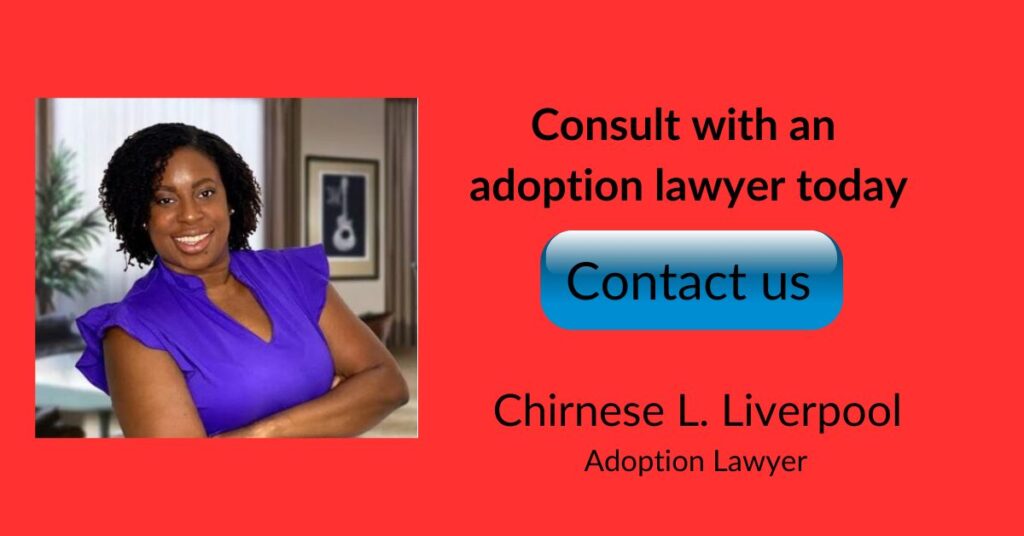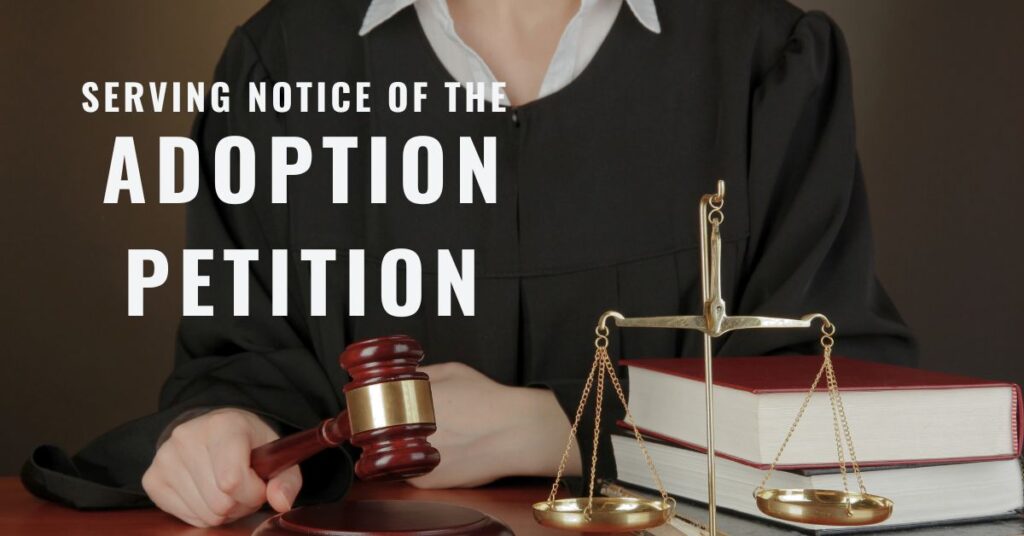Prefer to watch video? We’ve got you covered:
In California, providing notice to interested parties is an essential step when filing a petition for adoption. Notice ensures that all relevant individuals are informed about the adoption proceedings and have an opportunity to participate in or contest the adoption if they choose to do so. Here are some key points to consider regarding notice to interested parties:
1. Definition of Interested Parties: Interested parties typically include the biological parents, legal guardians, and any other individuals who have a legal right or claim to the child. This may include relatives, previous caretakers, or other individuals who have been involved in the child’s life.
2. Legal Requirements: California law mandates that notice must be given to interested parties before an adoption can be finalized. The specific notice requirements may vary depending on the circumstances of the case and the relationship of the interested parties to the child.
3. Methods of Notice: Notice can be provided through various methods, including personal service, certified mail with return receipt requested, or publication in a newspaper. The method chosen depends on the specific circumstances and the inability to locate or personally serve the interested parties.
4. Contents of Notice: The notice must contain specific information, such as the names of the parties involved, the court where the adoption petition was filed, the date and time of any scheduled hearings, and instructions on how interested parties can respond or participate in the proceedings.
5. Timeframe for Notice: The notice should be given within a specific timeframe as required by California law. The timeframe may vary depending on the circumstances and the method of notice. It is essential to ensure compliance with the applicable notice timeline to avoid delays in the adoption process.
6. Proof of Notice: It is crucial to keep accurate records of the notice provided to interested parties. This may include copies of certified mail receipts, return receipts, or affidavits of service. These records demonstrate that proper notice was given and can be presented to the court if required.
7. Response from Interested Parties: After receiving notice, interested parties have the opportunity to respond or contest the adoption. They may choose to appear at court hearings, submit written objections, or engage legal representation to represent their interests.
8. Court Consideration: The court will consider any responses or objections from interested parties when making decisions regarding the adoption. The court’s primary consideration is the best interests of the child and whether the adoption is appropriate and in their welfare.
It is advisable to consult with an adoption attorney in California to ensure that you comply with the specific notice requirements and procedures applicable to your situation. They can provide guidance on providing notice to interested parties and help navigate any legal complexities that may arise. If you are interested in hiring an adoption lawyer, we ask that you contact the law offices of Chirnese L. Liverpool at (818) 714-2200 today.


